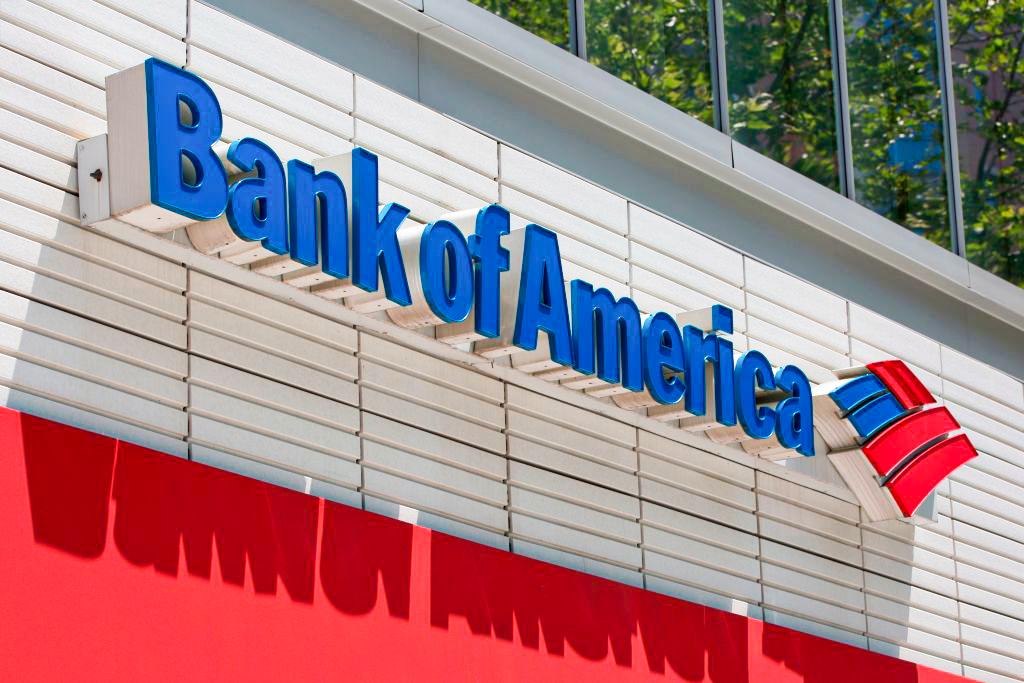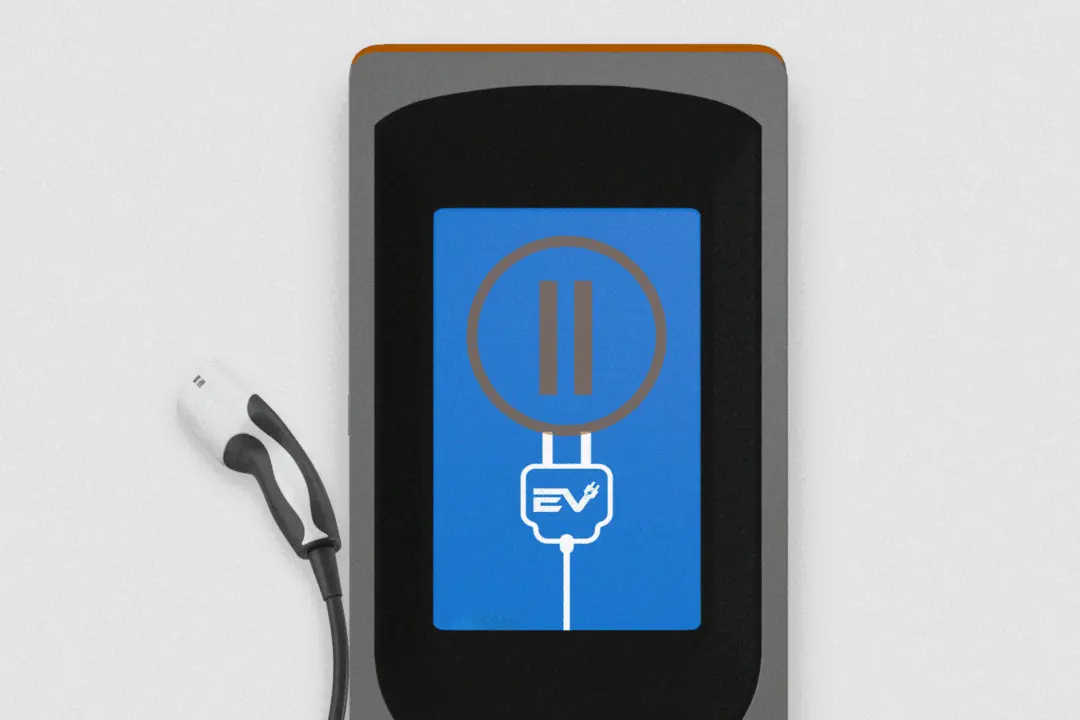A Christian ministry in Tennessee has accused Bank of America of closing its accounts for ideological reasons.
Indigenous Advance Ministries (IAM), a Memphis-based organization, “advances Christian ministries in Uganda,” founder Steve Happ told The Epoch Times. “We feed orphans and widows and prisoners, and we lift the poor.”





